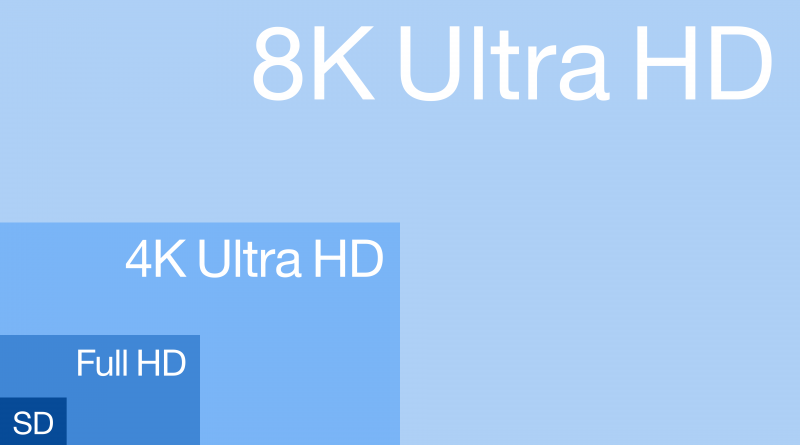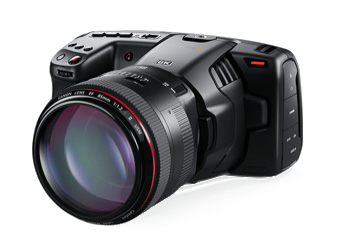Why To Shoot 4k (or 8K) Now
|
|
Video equipment companies seem to be in a mad rush to continually up the resolution of cameras, editing systems, and projectors and TVs. Just when we upgraded everything to HD, they turn around and start pushing Ultra HD. Then 4k came along and now they want us to upgrade to 8k and even 12k.
So, if you are not producing high-end Hollywood films and all of your viewers are watching your content on their smartphones, why would you upgrade now?
Reasons to Shoot 4k and 8k Now…
There are a number of excellent reasons to upgrade the working resolution of your cameras and editing systems – even if everything you release gets distributed in HD.
Future Proofing
Future proofing is the easy answer to the ‘why upgrade’ question. If the content of your video is in 4k or 8k, you’ll be ready to re-release it once those become the new standards. This might not seem relevant if you mostly shoot vlogs, but think about all of the b-roll footage you capture. If it is all 4k or 8k content, it will have a long life as stock media – in commercial collections or for use in your own future work.
Special Effects
If your videos include lots of effects work, particularly green screen, then shooting at a higher resolution can dramatically improve your results. This process is called oversampling. You capture more detail than you need, perform all of the image manipulations required, and then scale everything down at the end. The down-scaling process smooths out small imperfections to give you a better finished product.
Post Production Cinematography
If you have a 4k or 8k camera file, you can reframe shots and add motion in post production without degrading the image quality. Many commercial ‘studio in a box’ products already do this. They capture 4k content and then let you ‘switch’ between various closeups (which are just cropped sections of the 4k image) or wide shots (which are just scaled versions of the full 4k frame.) So, you can tote along one 4k camera to a shoot, carefully position your subjects and frame your shots, and end up with 3 or more framing options in the editing suite. Way cheaper than having 3 camera packages, operators, and the time required to set it all up.
The Hidden Cost of Upgrading
There are lots of good reasons to upgrade to the highest resolution gear you can handle but, of course, there are downsides. The obvious one is cost. Cutting edge gear is rarely cheap. You have to upgrade everything too – cameras, storage cards, hard drives, computers, graphics cards, and more. However, there are other costs involved.
The main hidden cost is time. The bigger the files you work with, the longer it takes to process them. Editing systems will run slower. Rendering will take longer, and time is money. If you decide to capture high resolutions and edit in HD, you will have to down-convert every clip before editing. The extra steps add time again.
Should You Upgrade and a Hidden Bonus
If you can afford the gear, upgrade. Personally, I would never buy anything less than a 4k camera if I could afford it. Just because you can shoot in 4k doesn’t mean you have to. All cameras will let you shoot at a lower resolution. So, you can shoot your vlog content in HD, but shift to 4k for those once-in-a-lifetime landscape videos and future proof the footage. Another hidden bonus is that most 4k cameras allow you to shoot 120fps in standard HD. So, you can get buttery smooth slomo footage as an extra perk.
Me, I’m looking hard at the new Black Magic Pocket Cinema 6k camera.


